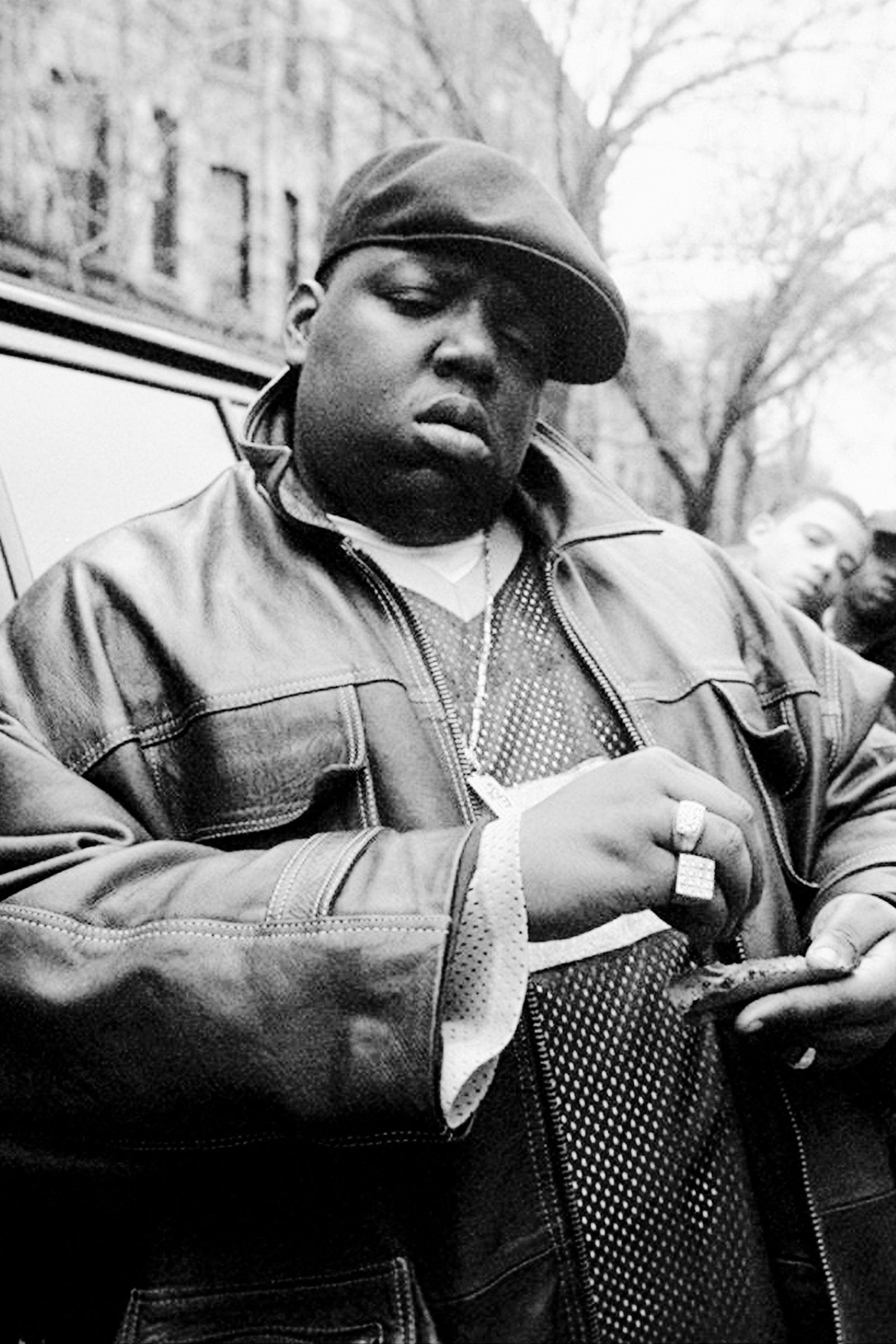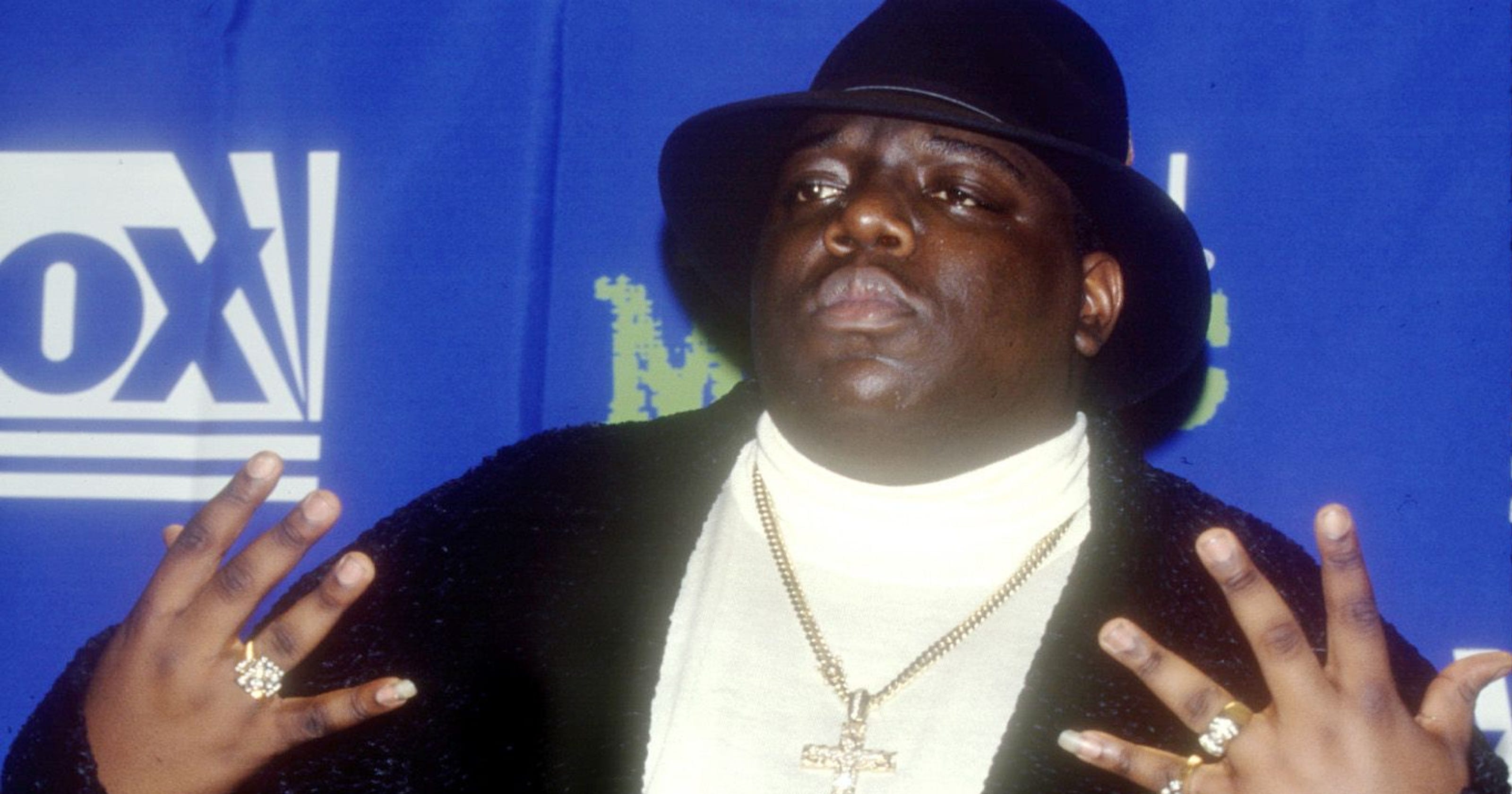The Notorious B.I.G., also known as Biggie Smalls, remains an iconic figure in the world of hip-hop, even decades after his untimely death. His influence on music, culture, and the industry itself is undeniable. One of the most frequently asked questions about this legendary artist is, "What was Biggie Smalls' net worth?" This article dives deep into the financial legacy of the rapper, exploring his career, earnings, and the lasting impact of his work. Understanding Biggie Smalls' net worth not only sheds light on his personal success but also highlights the broader economic opportunities within the music industry.
Born Christopher George Latore Wallace, Biggie Smalls rose from humble beginnings in Brooklyn, New York, to become one of the most celebrated rappers of all time. His unique storytelling ability, combined with a commanding voice and charismatic persona, made him a household name. Despite his short career, Biggie's financial achievements were remarkable, and his estate continues to generate revenue long after his passing. This article will explore the factors that contributed to his wealth, his posthumous earnings, and how his legacy continues to thrive in the modern era.
Biggie Smalls' net worth is not just a number; it represents the culmination of talent, hard work, and strategic business decisions. From his debut album *Ready to Die* to his posthumous release *Life After Death*, Biggie's music has consistently topped charts and resonated with fans worldwide. Beyond music, his brand and image have been leveraged in various ways, ensuring his financial legacy endures. In the sections that follow, we will break down the key elements that contributed to Biggie Smalls' net worth and explore how his influence continues to shape the music industry today.
Read also:Skirby Dog Video The Viral Sensation That Captured Hearts Worldwide
Table of Contents
- Biography of Biggie Smalls
- Early Life and Career Beginnings
- Breakthrough Success with "Ready to Die"
- Biggie Smalls' Financial Peak
- Posthumous Earnings and Legacy
- Business Ventures and Branding
- Biggie's Influence on Hip-Hop Culture
- Breakdown of Biggie Smalls' Net Worth
- Primary Sources of Income
- The Lasting Impact of Biggie's Legacy
- Conclusion: Biggie Smalls' Enduring Wealth
Biography of Biggie Smalls
Christopher George Latore Wallace, better known by his stage names The Notorious B.I.G. or Biggie Smalls, was born on May 21, 1972, in Brooklyn, New York. He grew up in the Bedford-Stuyvesant neighborhood, a place that would later influence much of his lyrical content. Biggie's early exposure to the struggles of urban life shaped his storytelling style, which became a defining feature of his music.
Below is a table summarizing key details about Biggie Smalls:
| Full Name | Christopher George Latore Wallace |
|---|---|
| Stage Names | The Notorious B.I.G., Biggie Smalls |
| Date of Birth | May 21, 1972 |
| Place of Birth | Brooklyn, New York, USA |
| Date of Death | March 9, 1997 |
| Occupation | Rapper, Songwriter, Record Producer |
Biggie Smalls' journey from a street hustler to a global music icon is a testament to his talent and resilience. His life was tragically cut short on March 9, 1997, when he was killed in a drive-by shooting in Los Angeles. Despite his untimely death, his music and legacy continue to inspire new generations of artists and fans.
Early Life and Career Beginnings
Biggie Smalls grew up in a single-parent household, raised by his mother, Voletta Wallace, after his father left the family when Biggie was just two years old. Financial struggles were a constant during his childhood, and he often found himself drawn to the streets. By his teenage years, Biggie was involved in selling drugs, a decision that would later influence the raw and authentic narratives in his music.
Despite his early brushes with the law, Biggie's passion for rap music began to take shape during his teenage years. He started freestyling and writing rhymes, quickly gaining recognition for his lyrical prowess. His big break came when he recorded a demo tape that caught the attention of Sean "Diddy" Combs, then an up-and-coming producer. This connection would prove pivotal in launching Biggie's career.
First Steps in the Music Industry
Biggie's early collaborations with local artists and producers helped him hone his skills and build a reputation in the underground rap scene. His unique voice and storytelling ability set him apart from his peers, earning him a loyal following even before he signed with a major label. These early experiences laid the foundation for his eventual rise to fame.
Read also:Is Post Malone A Democrat Or Republican Unpacking The Rappers Political Leanings
Breakthrough Success with "Ready to Die"
Biggie Smalls' debut album, *Ready to Die*, was released on September 13, 1994, under Bad Boy Records. The album was an instant success, showcasing Biggie's ability to blend gritty street narratives with smooth, polished production. Tracks like "Juicy," "Big Poppa," and "One More Chance" became instant classics, propelling Biggie to mainstream stardom.
Commercial and Critical Success
*Ready to Die* not only topped the charts but also received widespread critical acclaim. The album's success was a significant contributor to Biggie Smalls' net worth, as it solidified his status as one of the leading figures in hip-hop. The album's themes of ambition, struggle, and triumph resonated with audiences, making it a timeless masterpiece.
According to Nielsen SoundScan, *Ready to Die* has sold over 6 million copies in the United States alone, making it one of the best-selling rap albums of all time. Its commercial success laid the groundwork for Biggie's financial prosperity and cemented his legacy in the music industry.
Biggie Smalls' Financial Peak
Biggie Smalls reached the peak of his financial success in the mid-1990s, thanks to the immense popularity of *Ready to Die* and his growing influence in the music industry. During this period, he earned substantial income from album sales, concert tours, and collaborations with other artists. His association with Bad Boy Records also played a crucial role in his financial achievements.
Collaborations and Branding
Biggie's collaborations with other prominent artists, such as Jay-Z, Lil' Kim, and Mase, further expanded his reach and revenue streams. Additionally, his larger-than-life persona and distinctive style made him a sought-after figure in the world of endorsements and branding. These opportunities significantly contributed to his net worth during his lifetime.
Posthumous Earnings and Legacy
Even after his death, Biggie Smalls' net worth continued to grow through posthumous releases and the enduring popularity of his music. His second album, *Life After Death*, was released just weeks after his passing and achieved double platinum status. The album featured hits like "Hypnotize" and "Mo Money Mo Problems," which further cemented his legacy.
Merchandising and Media
In recent years, Biggie's estate has capitalized on his enduring popularity through various merchandising deals, documentaries, and media projects. For example, the 2021 Netflix documentary *Biggie: I Got a Story to Tell* provided fans with an intimate look at his life and career, generating renewed interest in his music and brand.
Business Ventures and Branding
Biggie Smalls' financial success was not limited to music alone. He was also involved in several business ventures that contributed to his net worth. These included investments in real estate, fashion, and other entrepreneurial endeavors. His ability to diversify his income streams demonstrated his financial acumen and long-term vision.
Real Estate Investments
One of Biggie's notable investments was in real estate. He purchased properties in New York and other locations, which not only served as assets but also provided additional revenue through rentals and appreciation. These investments continue to benefit his estate to this day.
Biggie's Influence on Hip-Hop Culture
The Notorious B.I.G. is widely regarded as one of the greatest rappers of all time, and his influence on hip-hop culture is immeasurable. His storytelling ability, lyrical complexity, and charismatic delivery have inspired countless artists across generations. Biggie's impact extends beyond music, as he helped shape the aesthetic and ethos of 1990s hip-hop.
Legacy in Modern Music
Artists such as Jay-Z, Eminem, and Kendrick Lamar have cited Biggie Smalls as a major influence on their work. His contributions to the genre have ensured that his music remains relevant, even decades after his passing. This enduring influence has also contributed to the continued growth of his estate's value.
Breakdown of Biggie Smalls' Net Worth
At the time of his death, Biggie Smalls' net worth was estimated to be around $16 million. However, his estate has grown significantly in value due to posthumous earnings and strategic management. Today, his net worth is estimated to be over $40 million, making him one of the wealthiest deceased celebrities in the music industry.
Primary Contributors to His Wealth
- Album sales and streaming revenue
- Posthumous releases and compilations
- Merchandising and licensing deals
- Real estate investments
Primary Sources of Income
Biggie Smalls' income streams were diverse and multifaceted, reflecting his entrepreneurial spirit and strategic approach to building wealth. Below are some of the primary sources of his income:
Music Sales and Streaming
Biggie's music continues to generate substantial revenue through album sales and streaming platforms like Spotify and Apple Music. His timeless tracks remain popular, ensuring a steady flow of income for his estate.
Concert Royalties and Tours
Even though Biggie is no longer alive, his music is frequently performed at concerts and events, generating royalties for his estate. Additionally, tribute performances and festivals dedicated to his legacy contribute to his posthumous earnings.
The Lasting Impact of Biggie's Legacy
Biggie Smalls' legacy transcends his music and financial achievements. He remains a symbol of resilience, creativity, and ambition, inspiring millions of fans worldwide. His story serves as a reminder of the transformative power of art and the importance of perseverance in the face of adversity.
Charitable Contributions and Community Impact
In recent years, Biggie's estate has also been involved in charitable initiatives aimed at supporting underprivileged communities. These efforts reflect his commitment to giving back and ensuring that his success benefits others.
Conclusion: Biggie Smalls' Enduring Wealth
Biggie Smalls' net worth is a testament to his unparalleled talent, hard work, and strategic vision. From his humble beginnings in Brooklyn to his status as a global icon, Biggie's journey is an inspiration to aspiring artists and entrepreneurs alike. His financial legacy continues to thrive, thanks to the enduring popularity of his music and the strategic management of his estate.
We invite you to share your thoughts on Biggie Smalls' legacy in the comments below. How has his music impacted your life? Don't forget to share this article with fellow fans and explore more content on our site to learn about other influential figures in music and culture.

